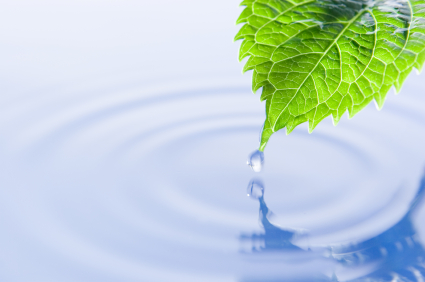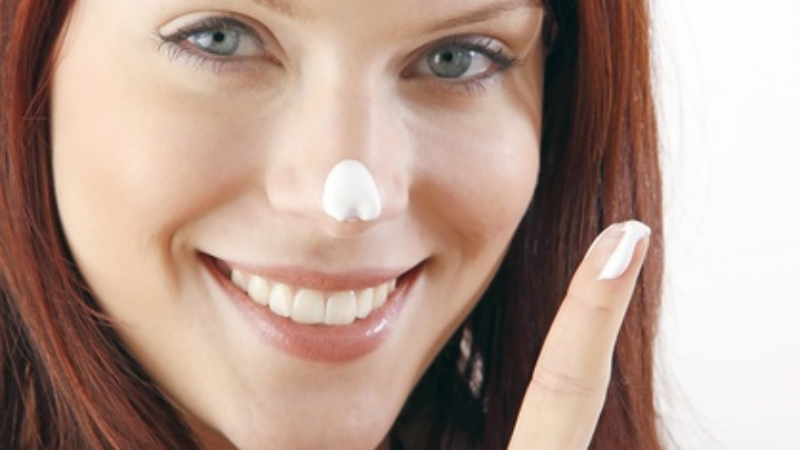When evaluating organic skin care products, does water count as an organic skin care ingredient? Considering that some skin care products contain as much as 70% water, (and I’ve never heard of an organic water – have you?) you may be paying for more than what you’re getting.
In a previous post I discussed my struggle with organic skin care. And while the industry is moving forward in the right direction – organic products are often formulated with less synthetic and/or harmful ingredients, I’m still not convinced that slapping an organic label on a skin care product makes it necessarily any better. This becomes even more important when the product contains an ingredient (such as water) that can’t be certified as organic by any organization.
Organic Skin Care Certification
There are a number organic skin care certification labels that a manufacturer may use when marketing a product as being organic. Of course some manufacturers don’t bother with certification as the labeling for organic skin care products isn’t yet governed by any regulatory body. Some of the more well known organic certifications for personal care products include:
- USDA Organic: Applies to food as well as cosmetics. Product must contain 70% organic content. Water cannot be counted as organic. This is perhaps the most stringent organic certification exists, although it was developed for the food and not the personal care industry.
- NSF – Applies to cosmetic manufacturers. NSF requires a minimum of 70% of all ingredients (excluding water) to be organic.
- BDIH – Though called a natural body care standard, BDIH requires manufacturers to use organic content wherever possible. It defines “where possible” as being available in sufficient quantity and quality, and defines which plants fall into this category by default. It is possible for a product to have 0% organic content and still be BDIH certified so this isn’t a good certification to look for.
- Eco Cert – Requires 95% of all agricultural ingredients to be organic. 10% of total product by weight (including the weight of water) must be organic. Allows up to 5% synthetic content.
Note when reviewing standards that water is excluded from the ingredient list so please don’t be fooled by a product claiming to be organic when it contains a lot of water. Water cannot be an organic skin care ingredient and you shouldn’t be paying for it.





Great article! Public education about this is very important.